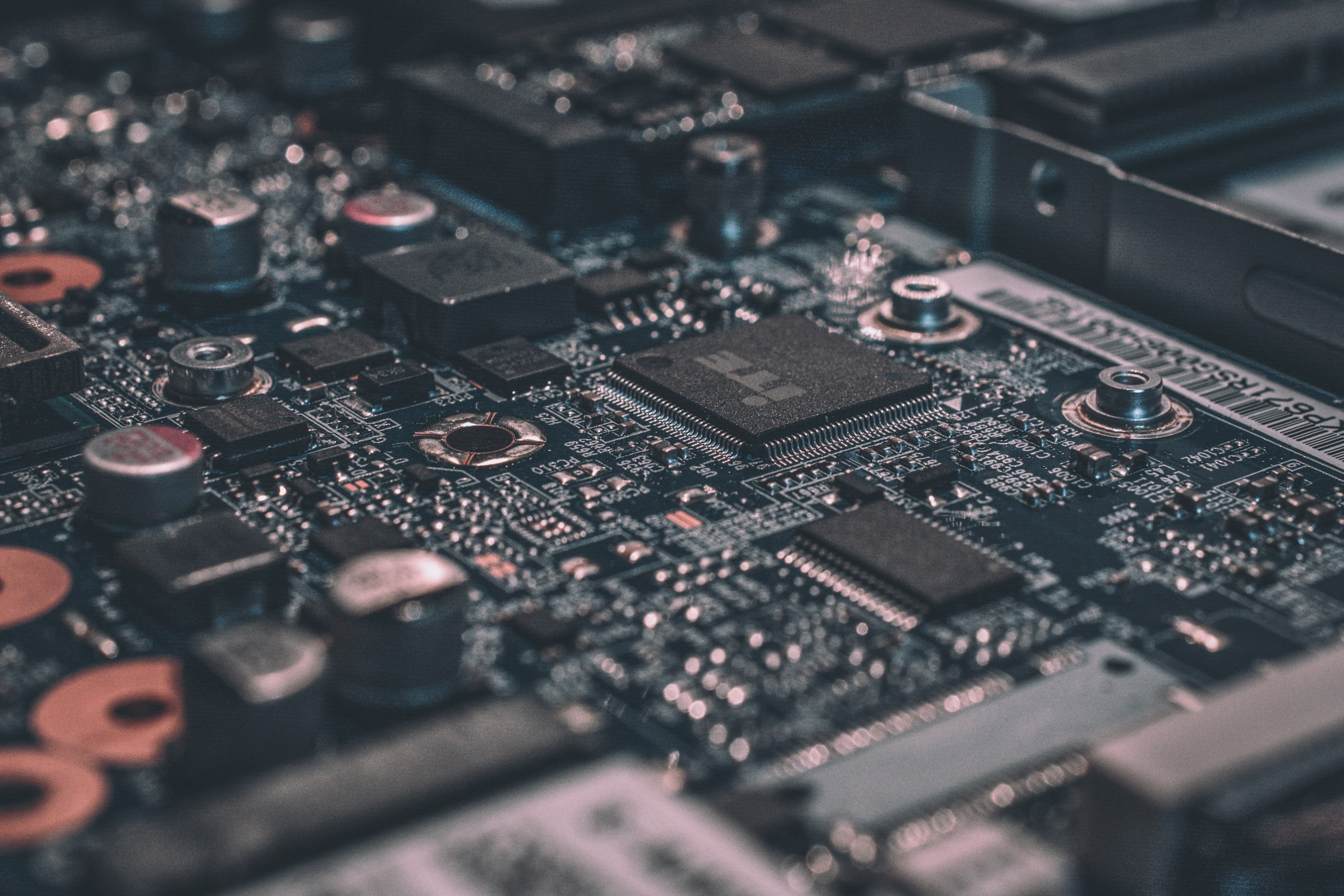Table of Contents
As we navigate the digital age, the way we seek knowledge and learn has significantly evolved. Technological advancement is playing a central role in reshaping higher education, and ground-breaking innovations continue to enhance learning efficiency and productivity. One such innovation that has revolutionized educational dynamics is Artificial Intelligence (AI). AI in education is not a distant spec on the horizon; it has seeped into our classrooms, our curricula, and the tools we use to learn, offering an enriched experience to students at all levels.
AI-Powered Learning Platforms: Bridging the Learning Gap
AI-powered learning platforms, with their predictive analytics, adaptive learning algorithms, and personalized learning modules, are transforming the learning experience for students. These platforms cater to the diverse learning capacities and pace of individual students, utilizing machine learning algorithms to analyze performance, predict knowledge decay rates, and suggest personalized learning paths. This ensures that a student who may have struggled in traditional learning environments can now progress competently and confidently, at their pace.
In an era where the traditional one-size-fits-all education model is rapidly becoming redundant, AI-backed learning platforms are fostering a culture of individualized learning that aligns with the unique learning patterns of each student.
Work Smarter, not Harder: Productivity Tricks with AI
By supporting the notion of 'work smarter, not harder,' AI tools are enabling students to harness their full academic potential with a myriad of productivity tricks. For instance, these platforms offer platform-integrated reminders and alerts for assessments, assignments, and project deadlines, mitigating the risk of overlooking crucial task submissions and ensuring timely completion.
AI tools can also assist with multi-tasking, suggesting viable study schedules, integrating assignment deadlines with personal calendars, and automate administrative tasks, thus freeing up students' time to focus on their learning. Another exemplary demonstration of AI boosting productivity is its ability to use natural language processing to help with essay writing, providing suggestions for sentence construction, spelling and grammar correction, and even plagiarism checks.
Interactivity and Gamification: Making Learning Fun
AI platforms can inject an element of fun into the learning process. With skills-based games, AI tutors, and interactive quizzes, these platforms can make the learning process more engaging while also improving retention rates.
Learning Accessibility and Flexibility with AI
AI tools bear significant potential in making education more accessible. Language translation tools, speech recognition, and visual recognition tools incorporated in these platforms make learning content accessible to students who might face language barriers or have special needs. Moreover, AI-powered learning platforms offer flexibility in learning, allowing students to learn anytime, from anywhere.
College Tools: An Ideal AI-Powered Learning Platform
One such AI-powered learning platform that is revolutionizing the academic landscape is College Tools. A Google Chrome extension, College Tools is designed to provide assistance for students with multiple-choice exams. This tool operates seamlessly with any Learning Management System and supports various types of assignments, quizzes, and questions.
By leveraging AI technology, College Tools helps students understand complex information, improve their comprehension, and enhance study effectiveness. Therefore, it is an exceptional tool to improve productivity and optimize studying time effectively.
Can We Trust AI in Education?
While these advancements are promising, it is essential to note that like all technologies, AI also needs to be used responsibly in education. AI catered information, while beneficial, should be used in correlation with critical thinking. Privacy concerns of student data are also crucial. Thus, developers must commit to safe, ethical AI use in education to maintain reliable standards of learning.


